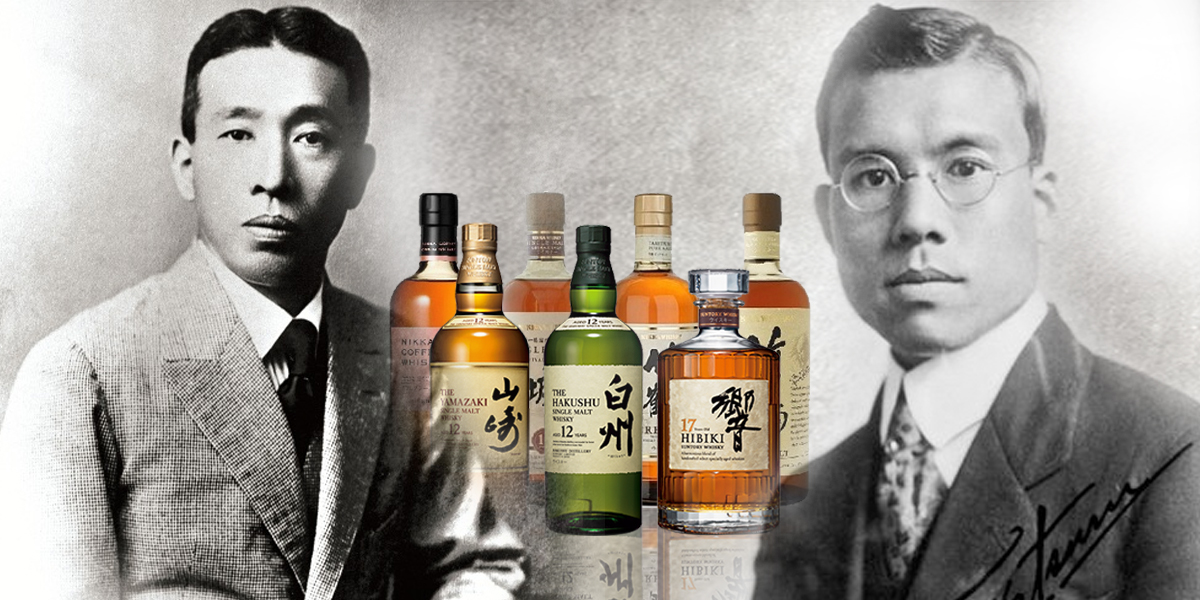
New Japanese Whisky Rules Aim to Deter Imposters
Japanese whisky, renowned for its quality and craftsmanship, is undergoing a significant transformation with the introduction of new regulations aimed at preserving its authenticity. The Japan Spirits and Liqueurs Makers Association has implemented stringent guidelines to combat the proliferation of foreign-made products masquerading as Japanese whisky.
Stricter Definition of Japanese Whisky
Effective from Monday, distillers seeking to label their products as Japanese whisky must adhere to a set of criteria to maintain the integrity of the spirit. One of the key requirements mandates the use of water sourced exclusively from Japan in the production process. Additionally, whisky barrels must be aged and stored in Japan for a minimum of three years, ensuring that the essence of Japanese craftsmanship is preserved in every bottle.
Safeguarding the Reputation of Japanese Whisky
The surge in global demand for Japanese whisky has led to a surge in prices and a subsequent influx of counterfeit or mislabeled products in the market. By establishing a clear definition of what constitutes authentic Japanese whisky, the industry aims to protect the reputation of this revered spirit and provide consumers with the assurance of quality and authenticity.
Impact on Producers and Consumers
While the new regulations do not impose sanctions on violators, they serve as a benchmark for distillers to uphold the standards associated with Japanese whisky. Major producers like Suntory have welcomed the initiative, emphasizing its role in enhancing the credibility of Japanese whisky on the global stage. With approximately 100 distilleries in Japan, the industry has witnessed exponential growth in exports, reflecting the increasing appreciation for Japanese whisky worldwide.
Future Prospects and Industry Growth
Despite the challenges posed by counterfeit products, Japanese whisky continues to captivate connoisseurs and collectors alike. Brands such as Nikka Whisky and Suntory have garnered international acclaim, with their offerings receiving prestigious awards and accolades. As the industry looks towards the future, distillers are strategizing long-term production plans to meet the escalating demand for Japanese whisky.
In conclusion, the implementation of new regulations heralds a new chapter in the evolution of Japanese whisky, reinforcing its position as a symbol of excellence in the world of spirits.














